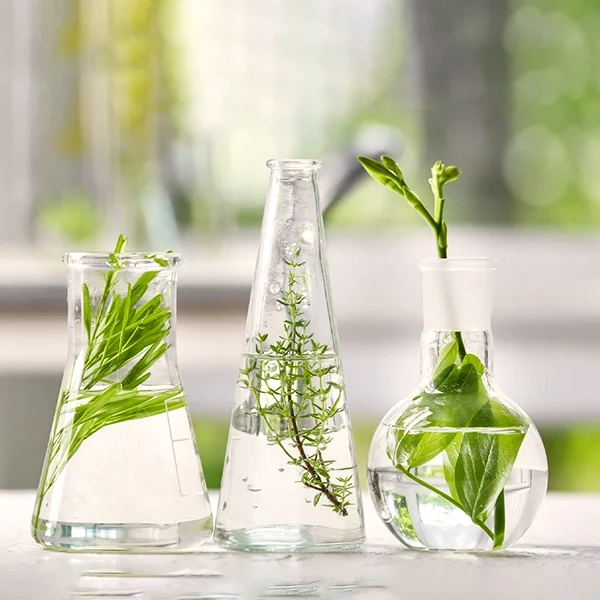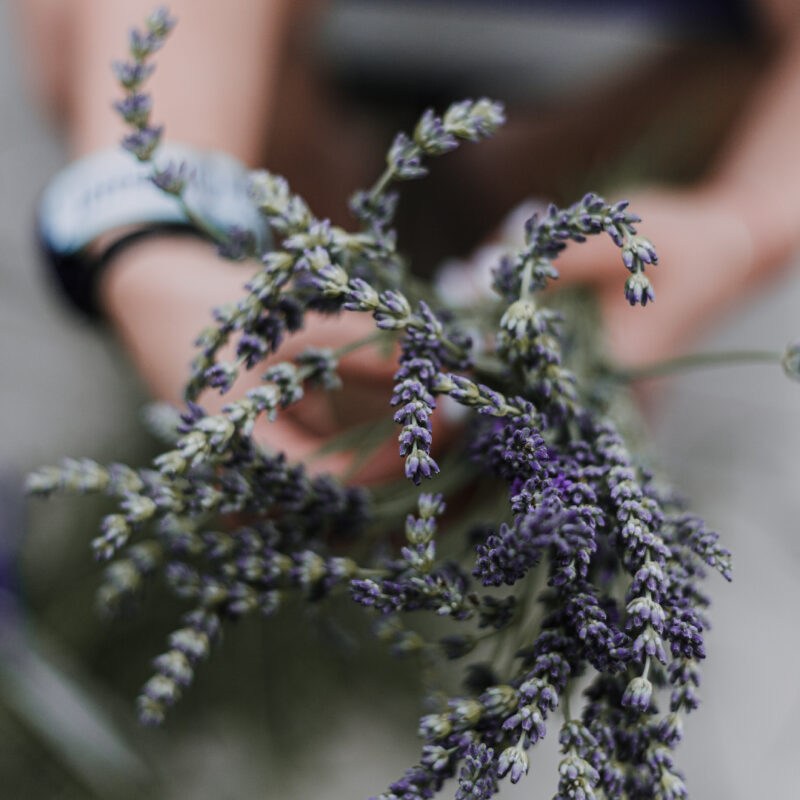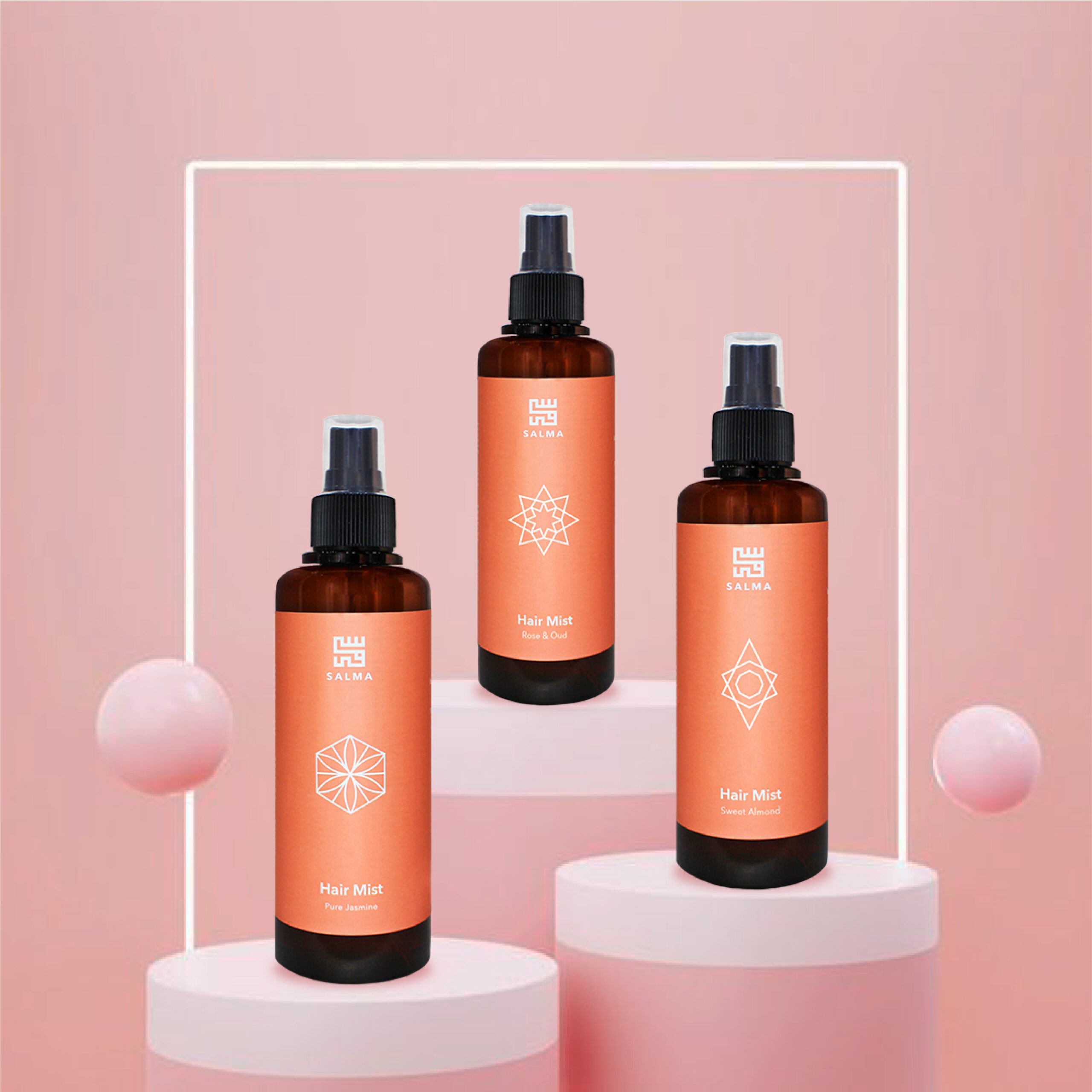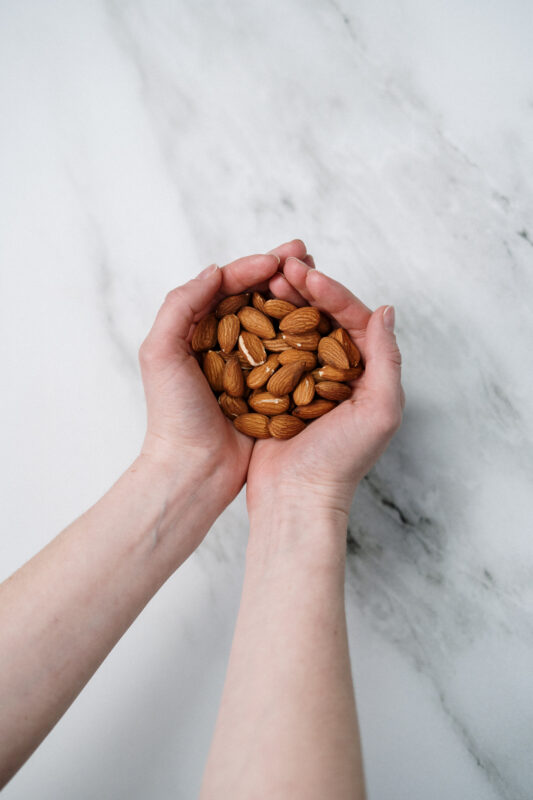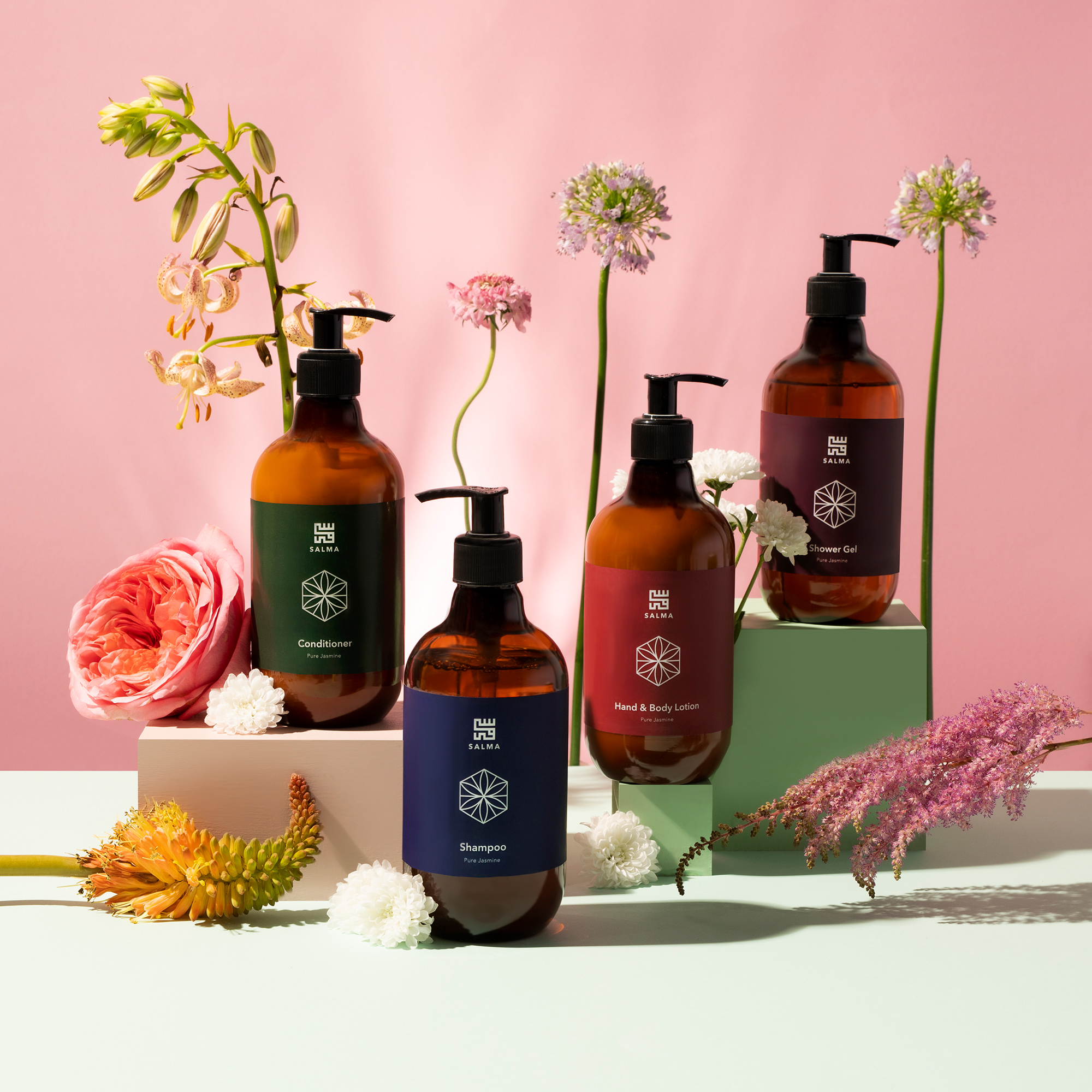Blog
Lebanese traditional olive oil soap making
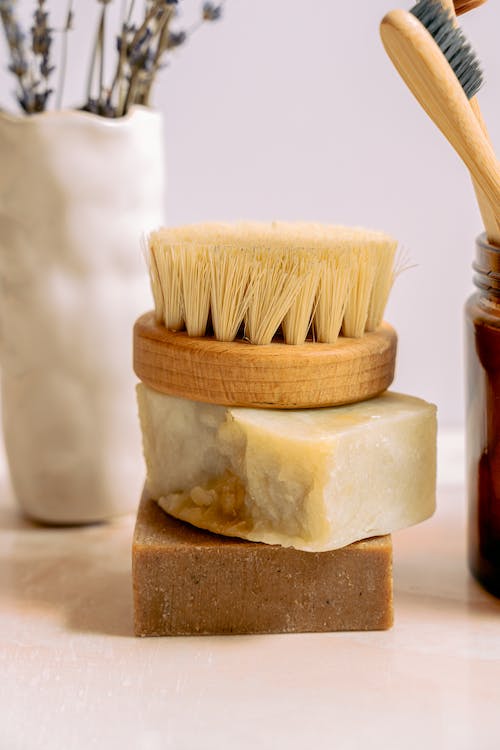
In Lebanon, olive oil and olive products production are embedded in most of the rural areas and villages of the country. The products range from oil, soap, cosmetical and artisanal products. The most famous is the Lebanese traditional olive oil soap making.
Brief History of Olive Oil Soap
Olive oil soap is one of the oldest methods of making soap. The ancient Greeks and Romans used olive oil soap as a cleansing agent. The Egyptians used olive oil soap to preserve their Pharaohs’ hair. In the 17th century, olive oil soap was used in England to clean laundry.
Impact on the Lebanese Economy
The Lebanese olive oil traditional soap making industry has had a significant impact on the Lebanese economy over the years. The soap industry has been a mainstay in the Lebanese economy for many years and has played a significant role in the country’s economy. This industry has generated a lot of employment opportunities and has helped to boost the country’s economy. The soap industry has also played a significant role in the country’s exports and has helped to generate a lot of revenue for the Lebanese economy. The soap industry is a major player in the Lebanese economy and has had a positive impact on the country’s economy.
The Lebanese economy has been diversifying in recent years and the country has been able to capitalize on its natural resources, such as its agricultural, mineral, and tourism sectors.
Olive Oil Soap Benefits
Olive oil soap is a known skin care staple for a few reasons. First, it is a natural and organic product, which is great for those looking to avoid harsh chemicals. Additionally, olive oil soap is famous for its ability to moisturize the skin and keep it feeling soft.
There are many benefits to using Lebanese olive oil traditional soap on your skin. In addition, olive oil soap is a natural, antibacterial soap that is also known to be effective in removing dirt, oil, and makeup. Olive Oil hydrates the skin and improve circulation.
Impact on the Environment
The Lebanese olive oil traditional soap making has been positively impacting the environment since ancient times. The soap made from olives is a natural detergent and is biodegradable. As a result, it is a sustainable resource because it is made from a natural product.
However, olive oil soapmaking is environmentally friendly as it relies primarily on natural ingredients and does not produce hazardous chemicals. Additionally, olive oil soap is a more sustainable option than other types of soap products, as it does not require high levels of water or chemicals to produce.
Traditional Olive Oil Soap making process
1. Add the olive oil to the soap container.
2. Add the lye to the soap container.
3. Use a mixer to blend the ingredients together until they form a smooth paste.
4. Pour the soap mixture into a mold or loaf mold.
5. Let the soap cool completely before removing it from the mold.
6. Cut the soap into bars or pieces and store them in a dry place.
SALMA products are Olive Oil based
- Traditional live Oil Soap: https://salmalovesbeauty.com/product-category/bodycare/soap-bar/
- Check out the benefits of Olive Oil on hair and skin: https://www.instagram.com/p/CkwErhTMFBW/?hl=en

